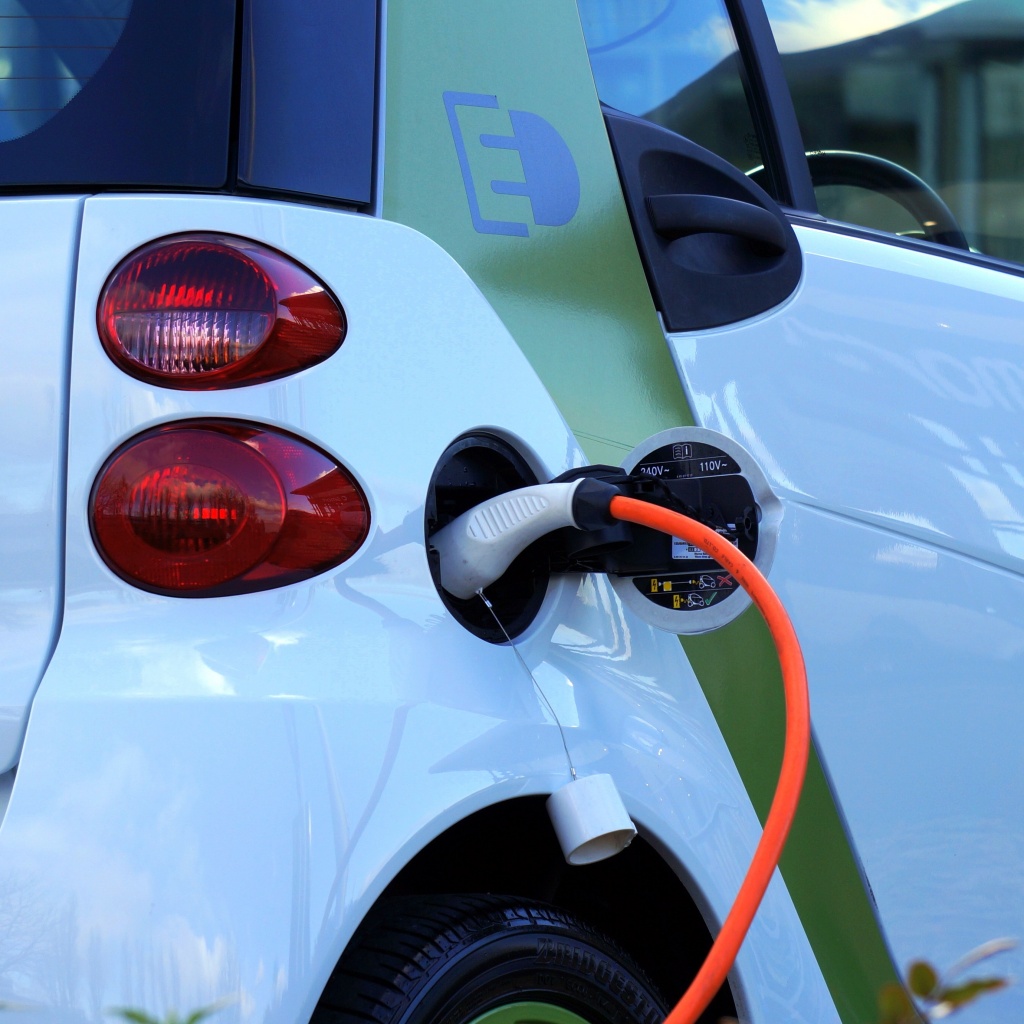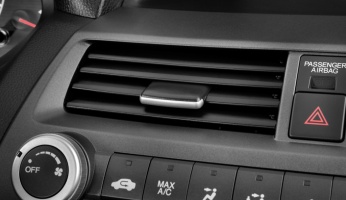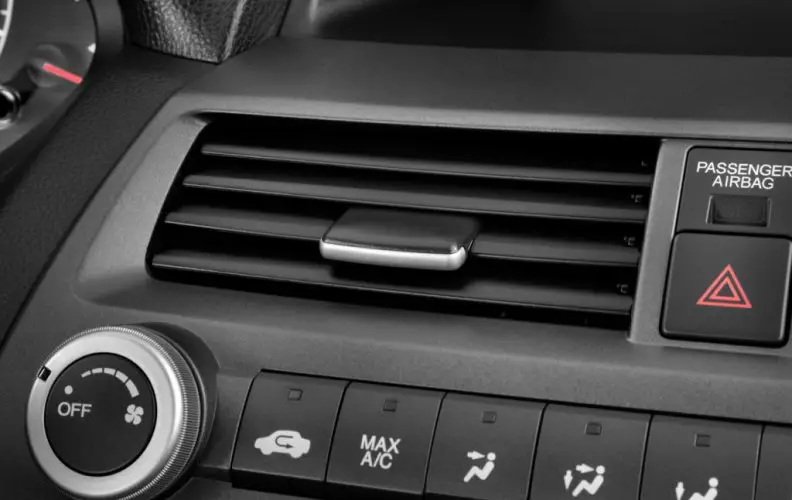Alternative Fuel Options: A Complete Guide
 Alternative Fuel Options: A Complete Guide
drivrzone.com
Alternative Fuel Options: A Complete Guide
drivrzone.com
Gasoline has been a coveted resource for centuries. Since society is so dependent on it today, prices have sky-rocketed. This has forced the progression into the alternative fuel market, which has proven both cost-efficient and great for the environment. Below is a list of several great alternative fuel options that you might consider switching to at some point.
Electric

When people think of alternative fuel, electric often comes to mind first and for good reason. Vehicles that are purely electric don’t require any gasoline, giving you the chance to save a fortune over the years. To run, electric-powered vehicles use a battery to store energy. As long as this battery is charged correctly, you can complete long drives off one complete charge.
Charging stations can be equipped to your home for easy access, and there are also ample stations you can access along major highways. Best of all, some of these electric vehicles are affordable. They even come equipped with a lot of smart features and systems – such as auto emergency brakes, parking assist, and rear-view cameras.
Gas-Electric Hybrid
If the idea of driving a purely electric vehicle doesn’t sound too appealing, you can always get a gas-electric hybrid. It offers two power options: gasoline and electric. When these cars are traveling at slower speeds, the battery kicks in. Then when you press on the gas pedal for extra power and acceleration, the gasoline-powered engine kicks in.
You thus have the best of both words, depending on the driving situation you’re faced with. What makes these hybrid cars truly unique is they charge their batteries through regenerative braking. They thus don’t need to be plugged in. This design thus gives you added flexibility and is extremely helpful when you find yourself in remote locations that are out of the city.
Plug-In Hybrid
Sticking along the lines of gasoline and electric, you might consider a plug-in hybrid. Unlike using both a battery and gasoline-powered engine, these hybrids let you choose a power method.
For example, if you want to cut down on traveling costs with your family during a road trip, you can activate the battery-powered mode. It runs off a charged battery that is capable of lasting quite a long time. If, however, you’re looking for more torque and horsepower, the gasoline mode will be the best option.
When using the battery, it requires a complete charge before heavy usage. Fortunately, you can have plug-in stations equipped to your garage. Then, you can plug these hybrid vehicles in over night and they’ll be ready to go in the morning.
Solar

A recent development in alternative fuels has been with solar-powered vehicles. Their design is relatively simple. Using natural sunlight, solar panels harness energy to power the vehicle that they’re equipped to. This form of fuel is great for the environment and doesn’t cost any money. You never have to worry about expensive gasoline prices and a lot of these models are relatively quiet. These cars are also equipped with lightweight materials and convenient features, which help you maximize every drive taken.
Like other alternative fuels, solar does have some glaring cons. For instance, since solar panels have to be placed on top of your vehicle, the surface area is quite large. These vehicles therefore look a bit bulky and are not the most aerodynamic. This may be perfectly okay, however, if your only concern is saving money over the years.
Also, if your solar panels get damaged or their batteries go out, replacing these components isn’t cheap. As a result, you’ll have to put a lot of time and energy into maintaining these integral parts over the years.
Ethanol
It’s pretty crazy to think that fuel for vehicles can come straight from the food that people consume. Now this isn’t from a science fiction novel; it’s actually possible thanks to ethanol from corn. When ethanol is mixed with gasoline, you’ll have an effective alternative fuel source. It can power your vehicle for miles, as long as your vehicle is equipped to handle this unique fuel combination.
In addition to possibly being the fuel of the future, ethanol taken from corn can reduce combustion emissions. You can thus better the environment, since a majority of this fuel makeup is ethanol as opposed to gasoline. Additionally, ethanol doesn’t have to be produced by just corn. It can also be made from fibers of plants, cellulose, and sugarcane. This opens up so many doors in terms of how ethanol is manufactured. It has even been found that ethanol provides increased power and performance compared to gasoline, thanks to its higher octane number.
In terms of this fuel’s cons, a lot of crop space is required to manufacturer it. It is thus harder to create in areas where there are a lot of cities, and not as much farmland. Also, since this alternative fuel source is somewhat corrosive, your vehicle’s engine would need to be specifically designed to handle this type of fuel. These upgrades are not worth the money and time to a lot of drivers.
Biodiesel
 Another unique alternative fuel that can be made today is biodiesel. Generally, it’s made from recycled restaurant grease, animal fats, and even vegetable oil. This fuel source is completely free of toxins and as its name implies, is completely biodegradable.
Another unique alternative fuel that can be made today is biodiesel. Generally, it’s made from recycled restaurant grease, animal fats, and even vegetable oil. This fuel source is completely free of toxins and as its name implies, is completely biodegradable.
Additionally, you won’t have to modify your vehicle as long as it has a conventional diesel engine. These engines are generally found in large, heavy-duty trucks. Biodiesel is perhaps one of the best fuel options for saving money. That’s because you can often get it for free. All you’ll need to do is work out some agreement with a local restaurant owner or vegetable supplier.
Finally, using 100% biodiesel eliminates sulfur emissions that are often associated with diesel engines. This can have a huge positive impact on the environment for future generations.
As you can see, the future is bright as far as the alternative fuel options that are readily available on the market. If you’re thinking about switching to one, be sure to consider its costs, required vehicle upgrades, impact on the environment, and sustainability. Not every alternative fuel option will work for your vehicle, so you need to choose carefully when making such a drastic switch.
Sources
- Green America – The Benefits of Biodiesel
- US Department of Energy – Ethanol Benefits and Considerations
- Clean Technica – Top 8 Alternative Fuel Options












